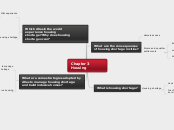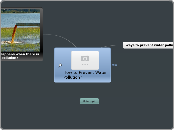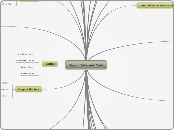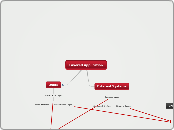por por BENJAMIN JAMES LIM JIN CHENG N/A hace 9 años
5136
Sec 2 geography chapter 3 mindmap
Housing shortages are a pressing issue in many urban areas, impacting both the quality of life for residents and the overall functionality of cities. The lack of basic services such as electricity, clean water, and proper sanitation exacerbates these issues, leading to environments where health risks are heightened due to poor living conditions.









